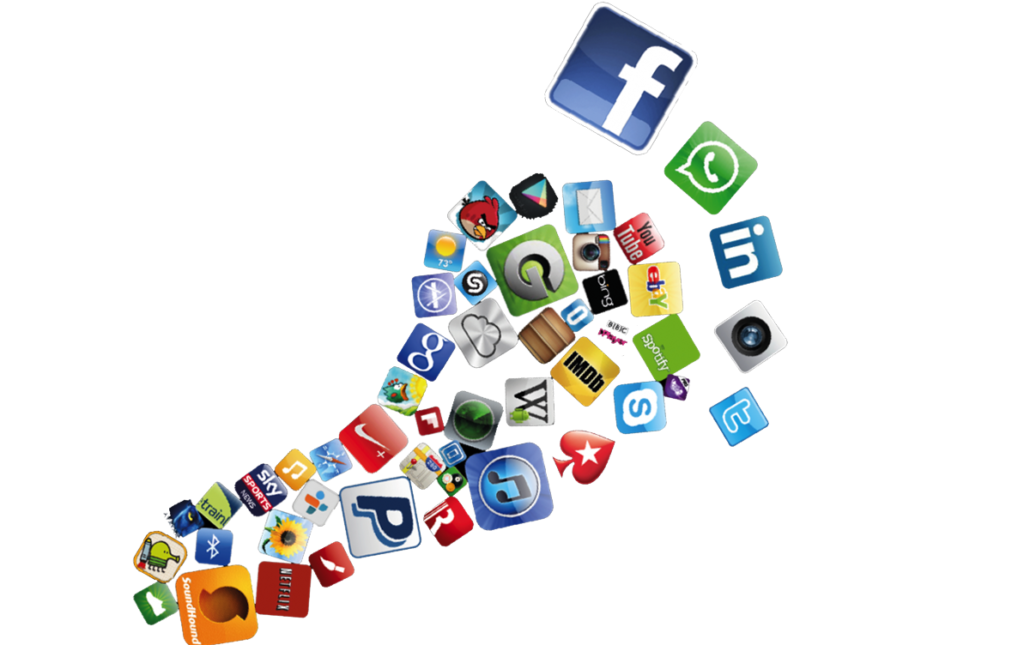Behind the Screen
In today’s era, our lives are continuously shaped by our presence online. Every scroll, click, comment, and post leaves a digital trail of breadcrumbs for anyone to stumble across. With cancel culture being such a driving force online, some individuals forget that even though they are behind a screen, they are still accountable for what they do, the things they say, and ultimately what they choose to post.
As a whole, I do find myself on social media quite more than I should, but I am the type to stay more in the background of things than at the forefront of a conversation. The whole cancel culture, cyber shaming, and cyber vigilantism is something that in my busy life, I would not bother to concern myself with.
 Though, I do think that there is a time and certainly a place for people to step in when things go awry. In extreme cases – as we saw in the “Don’t F**k with Cats” documentary, a group of individuals online were able to play a hand in catching an animal abuser and eventual murderer. Did Walter Palmer, the dentist from Minnesota deserve to get flack for killing the African lion “Cecil”? I think absolutely. However, I do think that some people forget to have boundaries and realize that they are still responsible for their actions when behind the screen. In the case of the Palmers:
Though, I do think that there is a time and certainly a place for people to step in when things go awry. In extreme cases – as we saw in the “Don’t F**k with Cats” documentary, a group of individuals online were able to play a hand in catching an animal abuser and eventual murderer. Did Walter Palmer, the dentist from Minnesota deserve to get flack for killing the African lion “Cecil”? I think absolutely. However, I do think that some people forget to have boundaries and realize that they are still responsible for their actions when behind the screen. In the case of the Palmers:
- Did Walter Palmer deserve to be held accountable for his actions? Absolutely yes.
- Does that give people online the right to harass and shame Palmer’s entire family, even though they likely were not involved? No.
- Additionally, some people took it further. Does it give people the right to make the family feel unsafe and vandalize their home? Also no.
Though Palmer ultimately made the poor choice to hunt the lion which led to him landing in figurative hot water, now millions of people online have left untasteful posts, comments, etc. which will stay with their digital footprint indefinitely. Now, there has also been a discussion of whether or not to create laws that excuse those under the age of 18 from what they say online. This is the way I see things: As humans, our brains are not yet developed until the age of 25.  Another thing to consider is that those 18 and under are largely influenced by the opinions of their families and friends, potentially leading to them making a post or comment on social media that they regret in 5 years. However, I believe that if we completely disregarded what these young adults say online once they turned 18, I think this situation would worsen. Young people need to understand that there are boundaries even if you are sitting behind a screen. They need to be accountable for their actions. If they are not, what is to stop a cyberbullying epidemic? The mindset of “I can do and say whatever I want” with no consequences would be entirely concerning. As a whole, these young people need to be taught that what they say behind the screen still matters. Are they still learning? Yes. Should their age be taken into account? Also yes. But, you can’t give children free rein on the internet with no consequences and expect them to not take advantage.
Another thing to consider is that those 18 and under are largely influenced by the opinions of their families and friends, potentially leading to them making a post or comment on social media that they regret in 5 years. However, I believe that if we completely disregarded what these young adults say online once they turned 18, I think this situation would worsen. Young people need to understand that there are boundaries even if you are sitting behind a screen. They need to be accountable for their actions. If they are not, what is to stop a cyberbullying epidemic? The mindset of “I can do and say whatever I want” with no consequences would be entirely concerning. As a whole, these young people need to be taught that what they say behind the screen still matters. Are they still learning? Yes. Should their age be taken into account? Also yes. But, you can’t give children free rein on the internet with no consequences and expect them to not take advantage.
Overall, an interesting concept worth a discussion with others.